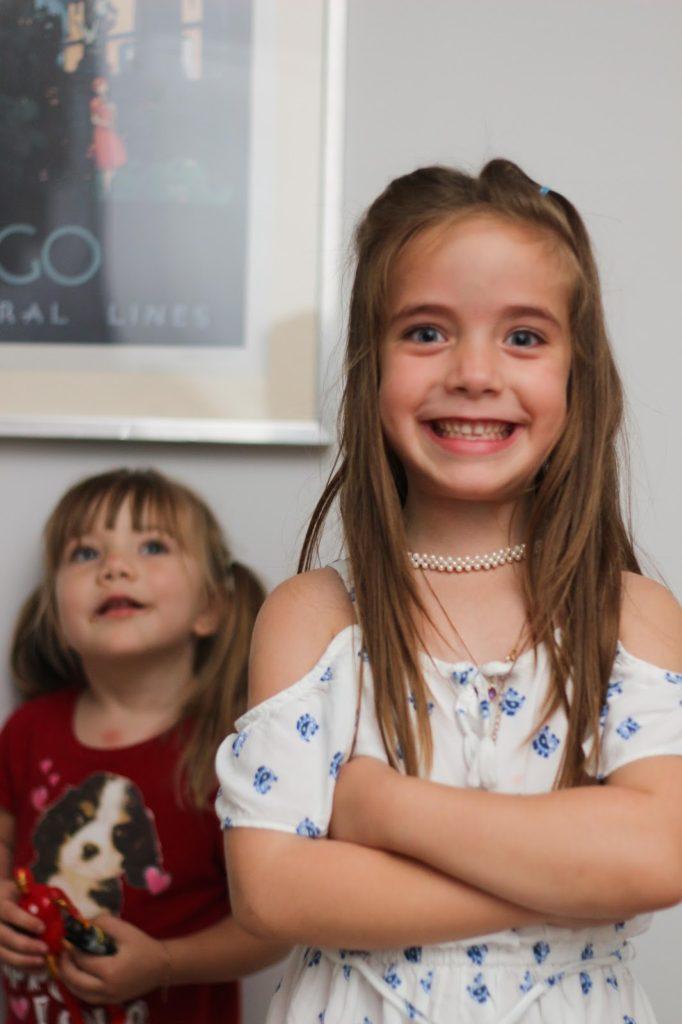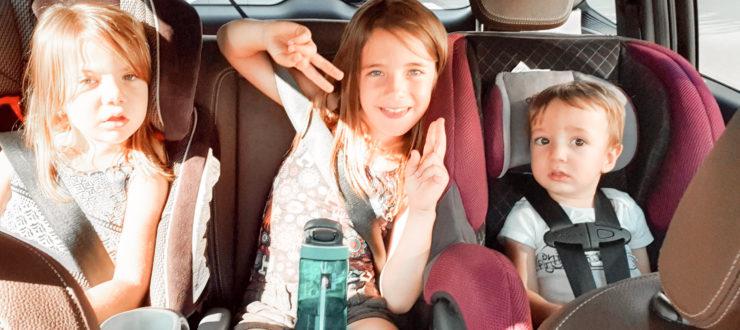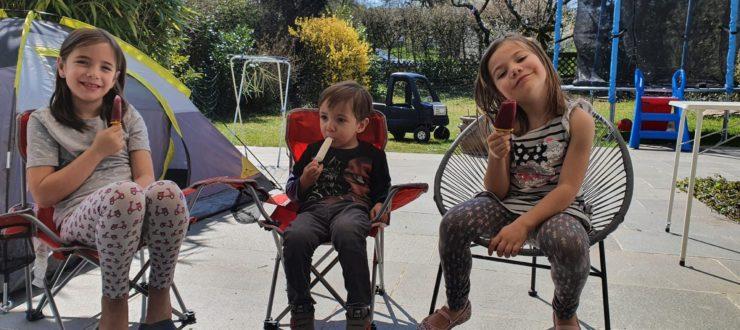Bilingual children
 |
| Just love… |
While in Brazil, back in my teenage years, I already imagined that one day I would have children. What I didn't realize at the time was that I would have to deal with the fact that I was living in a country where you are two official languages and neither of them is Portuguese.
When our family began to grow and how they were born here, we had no doubt that the Portuguese would continue as the official language of our home, after all, all our family members are in Brazil, we have friends here who and have no doubt that we want them communicate with them efficiently.
What we didn't know was that it's harder than it looks. Although children are large spongies at this age, keeping the Portuguese 100% of the time is difficult for several factors. First because there are people speaking English on the street, on TV, on the radio, in daycare, at school, full-time. Apart from our meetings with Brazilian friends and of course, at home, they don't hear the Portuguese anywhere else.
Second, as a result of our jobs, between me and Diego, we end up speaking certain expressions in English because they make more sense in the general context of the conversation and they listen to us and sometimes they keep speaking English as well.
Third, for reasons of attending daycare, school, and having Canadian friends, they needed to become familiar with English, too, right from the start, to communicate efficiently.
Third, for reasons of attending daycare, school, and having Canadian friends, they needed to become familiar with English, too, right from the start, to communicate efficiently.
I think we've never had a choice for them not to talk Portuguese. We prioritize our mother tongue in conversations. It is extremely important to have this contact and learning right now, at the beginning. Obviously, there are times when we have to repeat in both languages or move from one to the other, to understand each other. We think it's important to ask and answer in Portuguese, even if they're speaking English with us. We remember and teach them the words, during conversations, every single day, including expressions and ways of speaking that we have there in Brazil.
Today, we can say that they are efficiently bilingual (Portuguese and English), even diana with only her 2 and a half years (and she speaks by the elbows!). Alice understands 99% of the things in Portuguese, but if you talk to her or hear her talking in Portuguese, you'll see that she mixes a few English words in the middle of the conversation and of course, not every word comes out at the right verbal time or correct pronunciation. I think she speaks about 80% in Portuguese at home and some say she has an accent (English in Portuguese, but we can hardly notice… hehe).
Alice is also adding French to her list of languages. In preschool she has already had contact, which will be intensified in the first grade, which she now starts in September. We'll see how this plays out.
The fact is that both she and Diana will be literate in English and although they have little books in Portuguese, they will not know, face to face, to read and write in that language. This may be one of our challenges in the future, for sure, in addition to helping them with homework in French hehehe.
The fact is that both she and Diana will be literate in English and although they have little books in Portuguese, they will not know, face to face, to read and write in that language. This may be one of our challenges in the future, for sure, in addition to helping them with homework in French hehehe.
Kisses and even!




